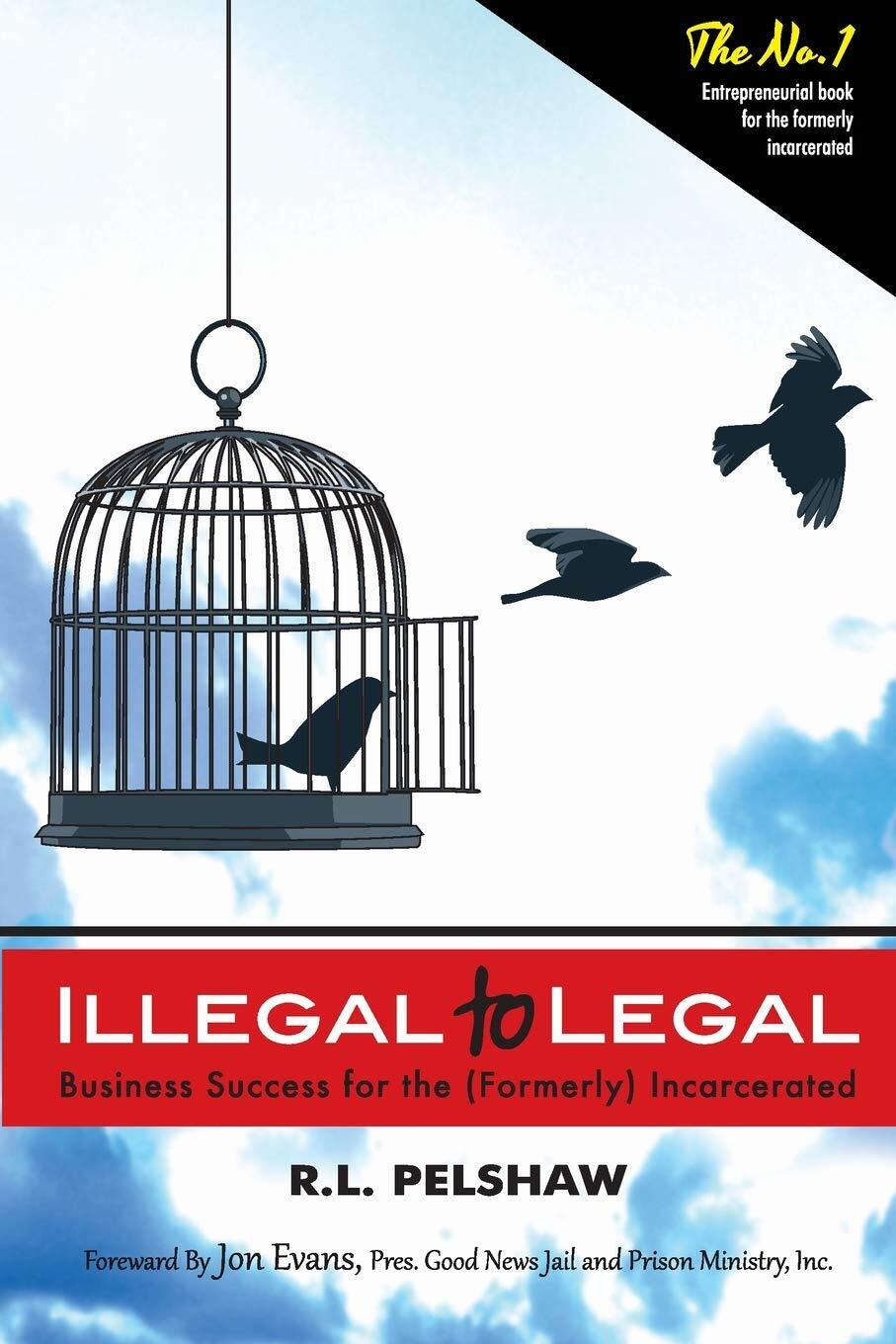James B. from Big Springs FCI asked an important question about taking on an investor.
Hello Bob, I have a question for you: Assuming I have a good business plan, good product, a good marketing plan, and I need financing, what could I expect for terms, ballpark?
Great question James – thanks for asking it! Answering it, I feel like I’m on an episode of Shark Tank!
The terms would depend if you were dealing with an investor, a potential partner, or a lender. Let’s discuss the difference:
- Investors place money only wanting a return on their investment – basically an investment that will make them money without contributing any work or effort.
- A potential partner might also be investing for profit, but they usually help operate the business or do something to help the business.
- A lender could be a bank or a private party.
The terms also depend on what you want, what your business is, and if you have any collateral to back a loan or an investment. The more valuable your collateral, the less there is risk for an investor, partner, or lender.
If your business has inventory that could be collateral also.
Typically, banks give the best terms, but they also are the most cautious about lending money. A private party might be the easiest to get money from, but if the business goes upside down, you risk damaging relationships with that party. Investors can be a good source of business capital, but you will have to pound the pavement and endure many refusals before you find one yes.
There is no standard answer though as to the terms you could expect, as each case is unique. Investors would likely want a 12-15% interest rate plus 20-60% of the company. If the person seeking backing had strong business experience or a good history with that idea, then you can get lower rates also. The stronger the idea, the better the plan, the stronger the players are operating the business, and the more valuable any collateral is, and you can get those rates negotiated down very successfully. I find those bigger deals are tougher to start with which is why I like smaller business start-ups myself.
Don’t be afraid to give up majority ownership of the company if your agreement with the investor allows this, which you can do:
- Retain operational, and/or voting, control of the company even if they own a majority of the shares.
- If you make a deal that includes giving someone else some ownership in our new company, make sure you agree in writing on a specific price, and time frame, which you can buy back the shares. Don’t be afraid to let them make money – even though you’re doing work, they’re taking a risk too.
Watch my Webisode answer to James question here.
Ask Bob answers questions about life, successful re-entry, starting a business and entrepreneurship, and most anything that adds value, except the column does not cover legal issues, sentencing matters, or case issues.
To ask Bob a question click to contact here.



